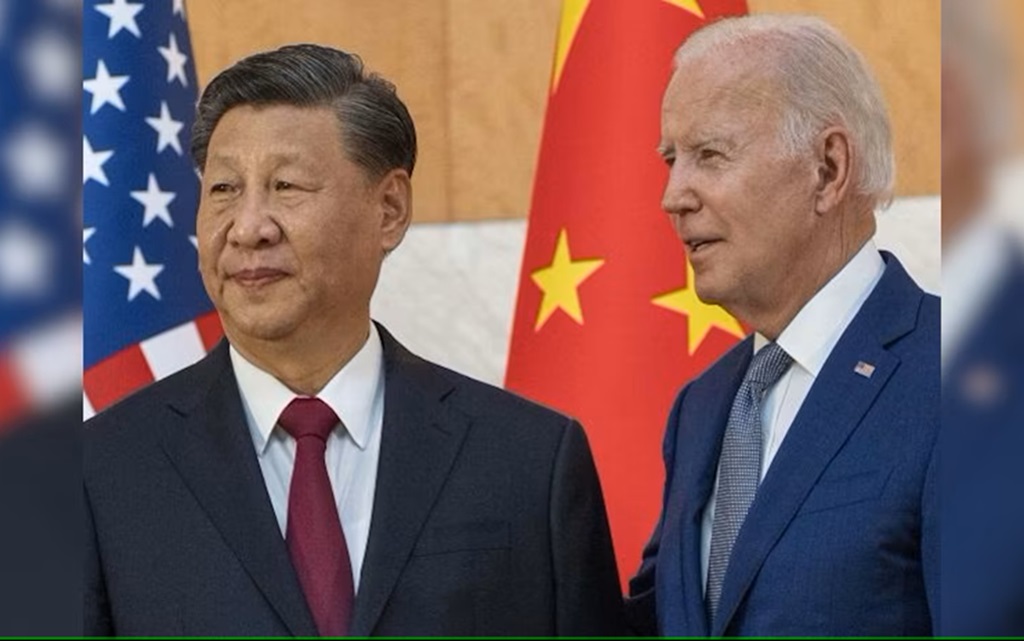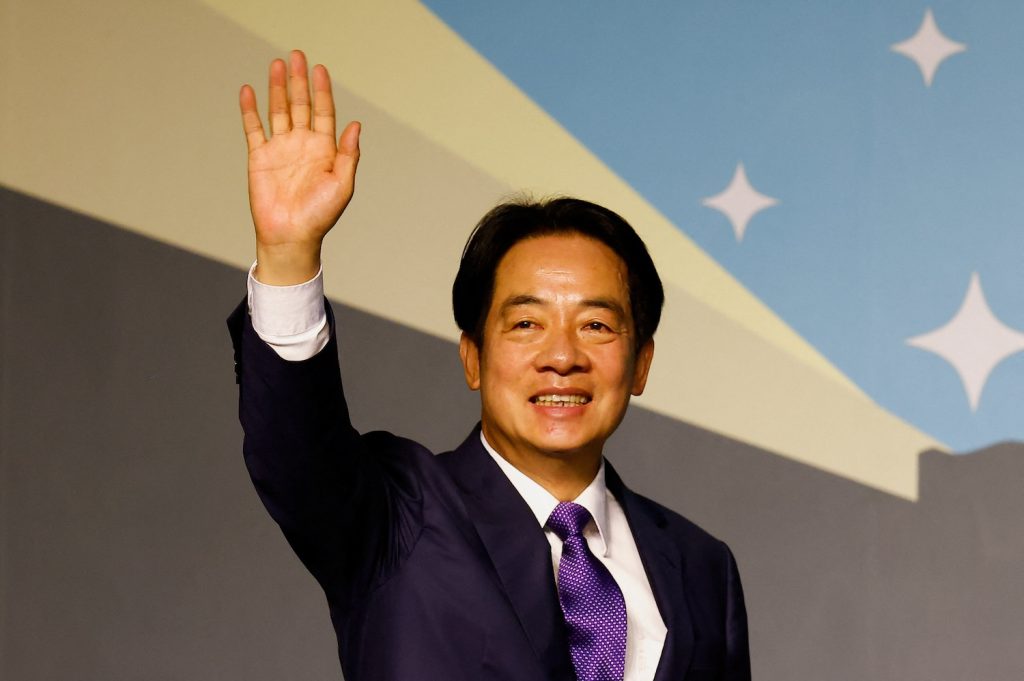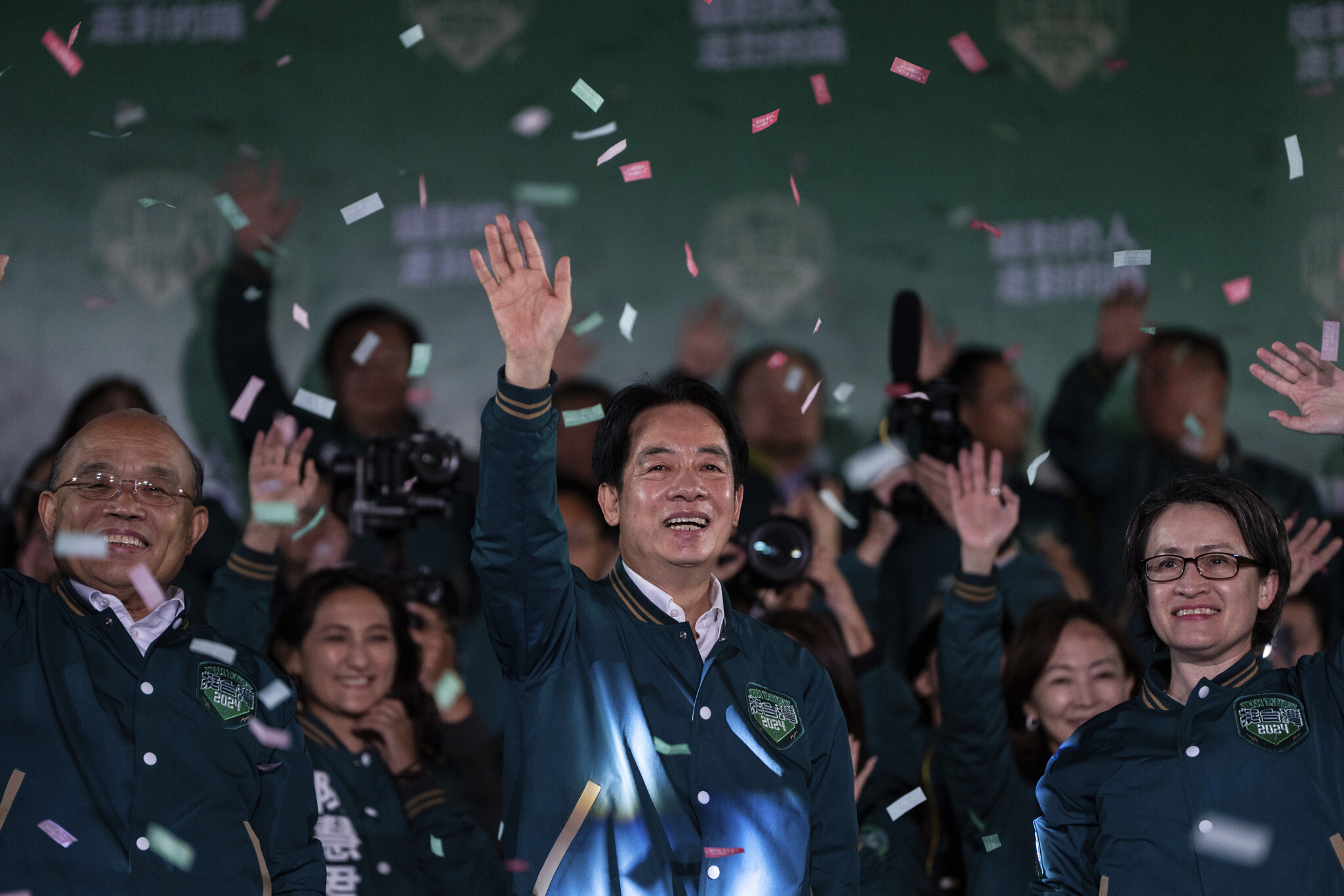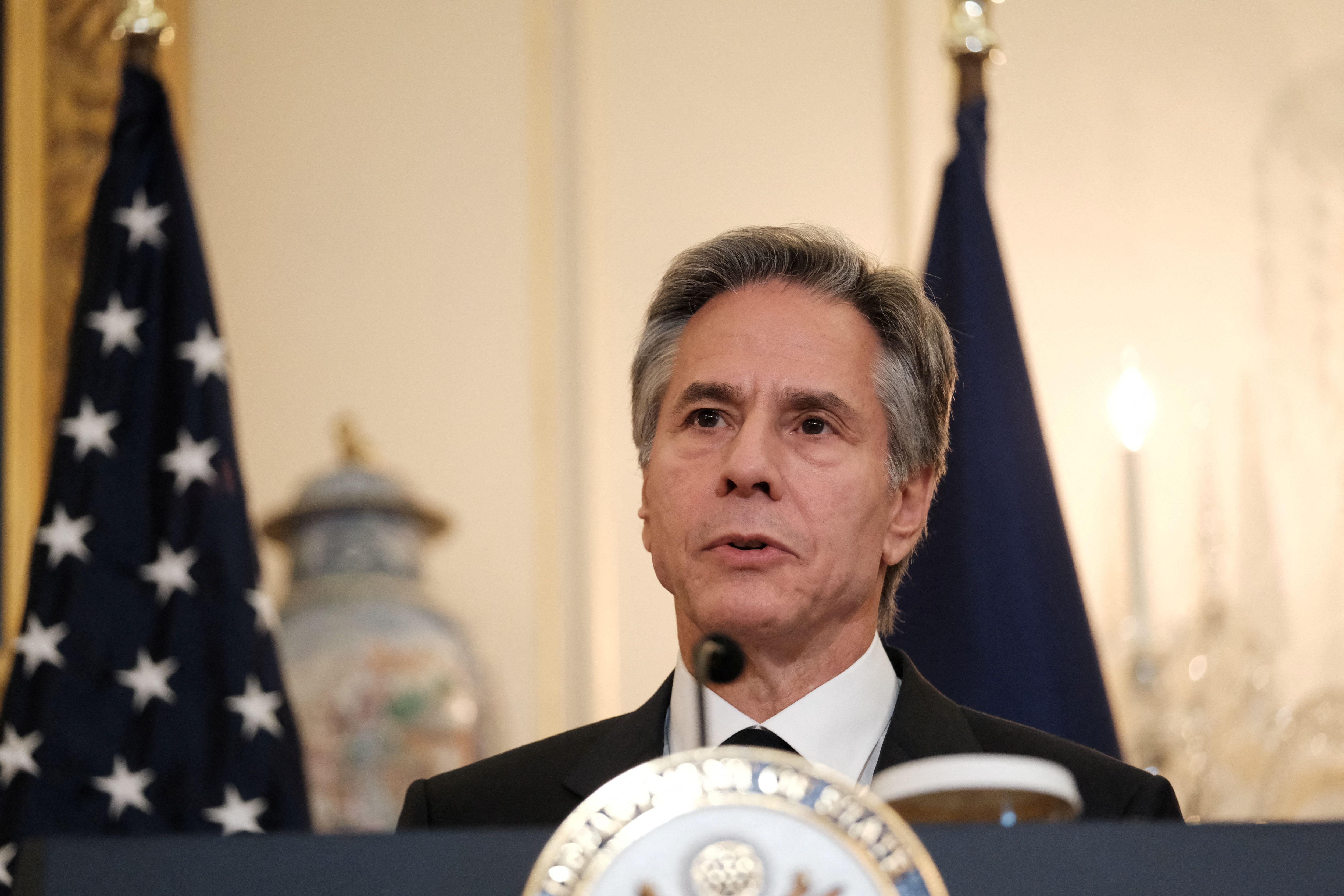Voters in Taiwan wept Lai Ching-te, the ruling Democratic Progressive Party’s (DPP) presidential candidate, into power on Saturday, rejecting China’s warnings not to vote for him in an election that Beijing presented as a choice between war and peace.
In a victory speech, Lai expressed his hope for a return to “healthy and orderly” relations with China, emphasizing his desire for negotiations based on “dignity and parity”.
The DPP, which advocates for Taiwan’s unique identity and opposes China’s territorial claims, was running for a third term, unprecedented in Taiwan’s present electoral system.
Lai, the current vice president under Tsai Ing-wen, who has served a maximum of two terms, was up against two presidential candidates: Hou Yu-ih of the main opposition party Kuomintang (KMT) and former Taipei mayor Ko Wen-je of the minor Taiwan People’s Party, which was created in 2019. Both admitted defeat.
In the run-up to the election, China attacked Lai as a dangerous separatist, claiming that any movements toward Taiwan’s formal independence would result in war and rejecting Lai’s demands for discussions.
Lai has stated that he is committed to maintaining peace and the status quo across the Taiwan Strait while strengthening the island’s defences.
“We do not want to create enemies with China. “We can become friends,” Lai, known by his English name William, told a Taiwanese television station in July.
However, Beijing sees Lai, 64, as a separatist and a “troublemaker through and through” because of comments he made as premier in 2017 about being a “worker” for Taiwan’s official independence, which Beijing considers a red line.
The next year, he informed parliament he was a “practical worker for Taiwan independence,” prompting one Chinese publication, the widely read Global Times, to request that China issue an international arrest order for Lai and prosecute him under China’s 2005 Anti-Secession Law.
Lai claims he just meant that Taiwan is already an independent country. On the campaign road, he stuck to President Tsai Ing-wen’s statement that the Republic of China — Taiwan’s formal name — and the People’s Republic of China are “not subordinate to each other”.
Over 19.5 million people were eligible to vote in the three-way presidential campaign and legislative elections, both held on Saturday.
Lai cast his ballots in Tainan, a southern city where he previously served as mayor, and told reporters that the people’s vote will demonstrate the strength of Taiwan’s democracy.
Hou voted in New Taipei and stated that all candidates and the people “must unite for Taiwan’s future” during the elections despite the harsh competition and criticism throughout the campaign.
Lai was born in October 1959 in what is now the rural coastal district of Wanli in New Taipei City, the son of a coal miner. Lai’s father perished in an accident while he was an infant.
He received a master of public health degree from Harvard University
As the leader of a Tainan physicians’ group, Lai supported a DPP candidate in the 1994 gubernatorial election and was elected to the island’s legislature four years later to represent the southern city. As a legislator, he was part of a group that advocated for Taiwan to join the World Health Organization.
Lai was Tainan’s mayor from 2010 to 2017 before becoming the island’s premier. He then accepted President Tsai Ing-wen’s offer to be her running partner in the 2020 presidential election, helping their united ticket win with a record-breaking 8.17 million votes.
Meanwhile, U.S. President Joe Biden stated on Saturday that the United States does not support Taiwan’s independence after Taiwanese voters rejected China and elected the ruling party to a third presidential term.
When questioned about his reaction to Saturday’s elections, Biden replied, “We do not support independence…”
Washington said “it would be unacceptable” for “any” country to influence the election hours before the polls opened.
Despite the lack of formal diplomatic relations with Taiwan, the United States remains the island’s most important international backer and supplier of armaments.
“One-China Policy”
U.S. Secretary of State Antony Blinken congratulated Lai Ching-te on his victory and stated that the U.S. is “committed to maintaining cross-strait peace and stability, as well as the peaceful resolution of differences free of coercion and pressure.”
“He stated that the United States is looking forward to working with Lai and Taiwanese leaders from all parties to advance their “longstanding unofficial relationship, consistent with the United States’ one-China policy.”
The Biden administration had feared that the election, transition, and incoming government would exacerbate tensions with Beijing.
Biden has attempted to improve relations with China, offering to discuss security disagreements with President Xi Jinping during a California conference in November.
According to two senior officials, Taiwan’s administration expects China to exert pressure on its future president following the vote, including military exercises near the island this spring. China has never renounced the use of force to gain control of Taiwan.









